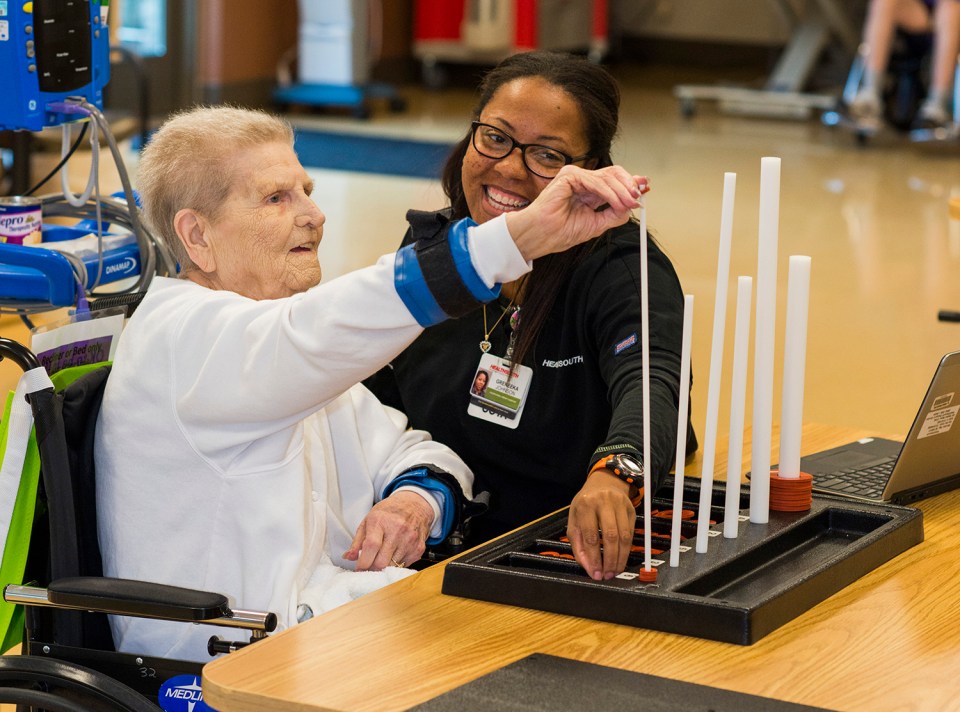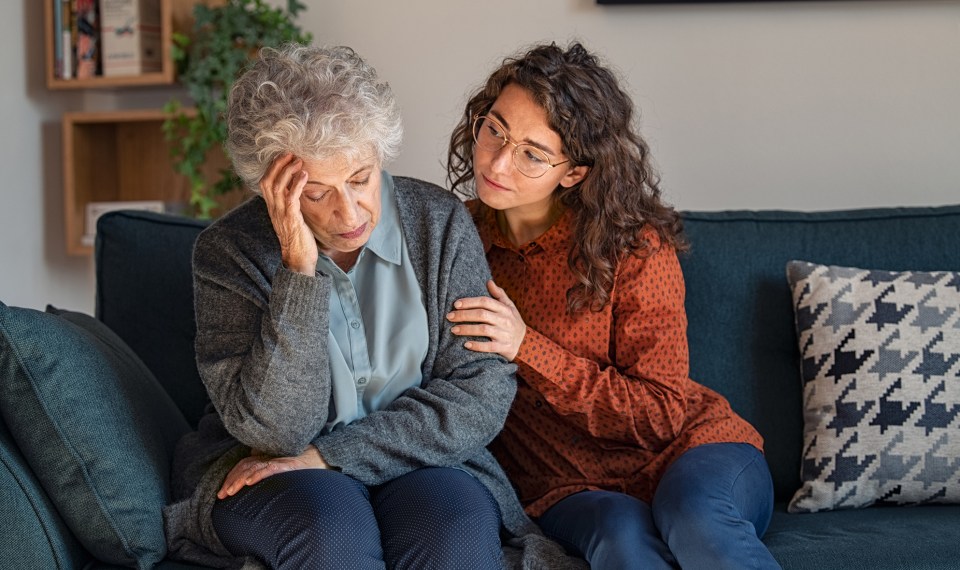The fastest growing segment of the U.S. population is aged 85 years and older. Despite our growing success in preventing strokes, there are still more stroke patients and this number will continue to grow.
The elderly tend to have more severe strokes with more disability. Likewise, in the era of increasing managed Medicare, they are more likely to be discharged to a nursing home. There is a prevailing attitude that the elderly will not benefit from inpatient rehabilitation or will do just as well in a skilled nursing facility. The recent American Heart Association guideline clearly supports the use of an inpatient rehabilitation hospital over a skilled nursing facility. But, does this also apply to those 85 years and older?
A study* of 71,652 stroke patients in 1,483 inpatient rehabilitation facilities concluded that:
- 60% achieved community-based discharge. This compares favorably to a previous study that looked at severe stroke patients.
- They achieved significant functional gains.
- Longer length of stay (LOS) equaled better outcomes, suggesting that older patients need a longer stay. There is a national trend of decreasing LOS, which could impair outcomes. The risk of shortening the LOS is that it prevents the patient from reaching a community level discharge.
- Most patients would need a caregiver in order to return home. Non-white patients were more likely to return home, suggesting that there is a cultural component in returning someone to their home.
If you are a decision maker as to who is admitted to a rehabilitation hospital or a family member making the decision, consider the author’s conclusions:
- “Clinicians who make IRF admission decisions for patients may believe that having multiple comorbidities and a stroke at an extreme age would limit the ability to tolerate IRF-level rehabilitation and return to the community; however we found this was not the case.”
- “There may be a benefit to patients and the health care system to extend the LOS for very elderly patients to better approximate a level of function that may allow a community discharge.”
Age alone should not relegate someone to a nursing home.
Sources:
Guidelines for Adult Stroke Rehabilitation and Recovery, A Guideline for Healthcare Professionals From the American Heart Association/American Stroke Association— https://stroke.ahajournals.org/content/early/2016/05/04/STR.0000000000000098.full.pdf+html
* Schmidt, JG, Drew-Cates J, Dombovy ML. Severe Disability After Stroke: Outcome
After Inpatient Rehabilitation. Neurorehabilitation and Neural Repair 13 (1999):199-203.
* Obrien SR, Xue Y; Physical Therapy 2016; 96 (9) 1381-8.
The content of this site is for informational purposes only and should not be taken as professional medical advice. Always seek the advice of your physician or other qualified healthcare provider with any questions you may have regarding any medical conditions or treatments.




